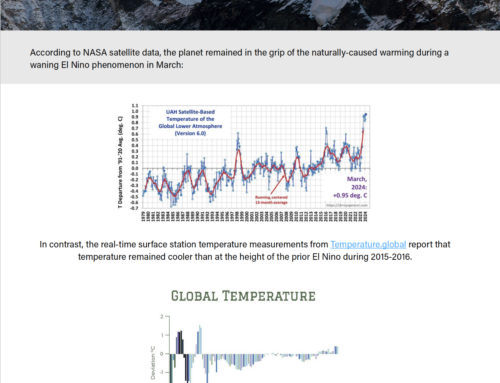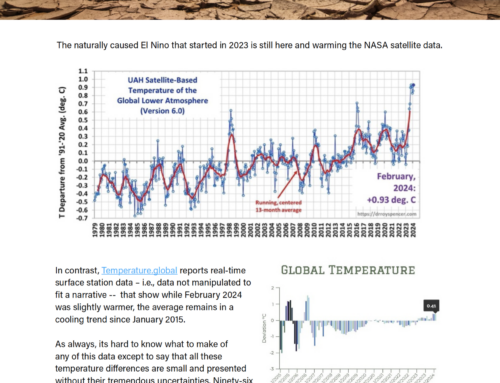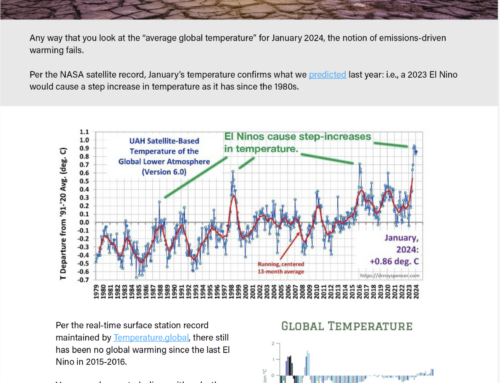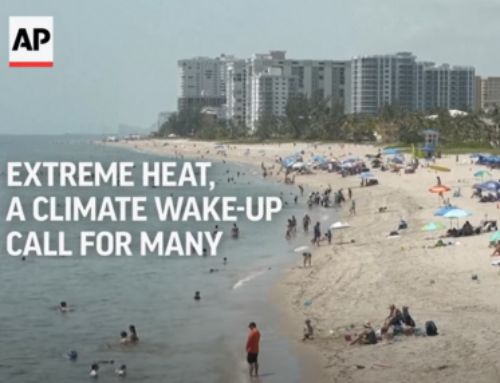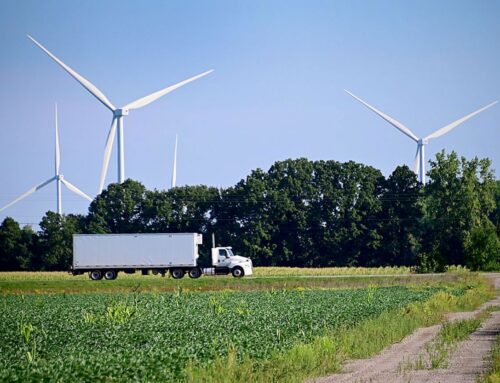For Immediate Release:
September 15, 2016
Contact:
Craig Richardson
[email protected]
703-981-5553
Washington, D.C. – Today, the Energy & Environment Legal Institute (E&E Legal) will once again be forced to file suit against a “Climate RICO” state attorney general’s office for its role in a political coalition using law enforcement powers to silence opposition to the “climate” agenda. This most recent suit, the second E&E Legal has been forced to file against the Vermont Attorney General’s Office for its role in an agreed stonewall of public records requests, seeks correspondence relating to “outside advisors” with whom Vermont (and other members of the AGs’ political coalition) worked to advance the campaign of intimidation.
As background, this Spring, after being recruited by the New York and Vermont attorneys general, a coalition of ideologically aligned State AGs created a self-styled “Attorneys General climate change and energy coalition”. As part of this, they agreed to share strategy, information and green-group advisors to advance what other public records show was an expressly political coalition, seeking political ends but going around the proper democratic process. At a March press conference they announced an intention to investigate and prosecute those who disagree with them on the climate policy agenda. As part of this, and to shield their efforts from public scrutiny given that all of these offices are covered by their respective state open records laws, the AGs signed what purported to be a “common interest agreement”.
“CIAs” are in fact common instruments in legal matters to maintain privilege which would otherwise be waived by selective disclosure; but what the AGs signed was not a common interest agreement, and certainly is not common. Such a serious instrument of course has elements which must be satisfied to create privilege where none would otherwise exist. These AGs’ agreement satisfies none of them: the coalition shares no lawful “common interest” in stifling free speech or otherwise, their common interests are expressly political not legal, there is no extant or reasonably anticipated litigation involved, and its is laughably broad when its scope must be clearly defined. Yet this attempted secrecy pact is, whether expressly or impliedly, at root what all of the various stonewalling offices are relying on to keep their work with outside parties on this scheme from the public that is paying for it
In the attempted Get Out of FOIA Free card these activist AGs have written themselves, the AGs promised to huddle up among themselves and consult over every open records request that might out the scheme, seeking objections from these political allies before deciding whether to comply with state transparency laws. Other records obtained by E&E Legal show none other than the Vermont OAG objecting to the obvious implication that AG offices should make curious parties sue to try and get records. Obviously, Vermont’s OAG has become more comfortable with that stance as the embarrassing exposures have mounted, if in dribs and drabs, in recent weeks.
The new case involves a request E&E Legal sent in early August seeking records relating to a provision of the secrecy pact in which all parties agreed to float the names of any outside parties with whom they wanted to share information, and obtain the approval of all others before so doing. Remarkably, Vermont promptly denied the request categorically and in full, claiming that all information was attorney-client privileged communications. Among the obvious questions left unaddressed is how other states’ opinions on Vermont’s compliance with its own open records regime could ever be privileged.
“The panic about having been exposed in this abusive scheme has gotten so bad, in Vermont they’re now even stonewalling about stonewalling,” said Craig Richardson, Executive Director of E&E Legal.
Added David Schnare, E&E Legal General Counsel, “Vermont claims that it cannot divulge information in response to other requests because it promised political allies in other states to keep the information secret, but the public have a right to know who the “outside advisors” these allies, and possibly Vermont, have asked to collude with are.”
The Energy & Environment Legal Institute (E&E Legal) is a 501(c)(3) organization engaged in strategic litigation, policy research, and public education on important energy and environmental issues. Primarily through its petition litigation and transparency practice areas, E&E Legal seeks to correct onerous federal and state policies that hinder the economy, increase the cost of energy, eliminate jobs, and do little or nothing to improve the environment.


